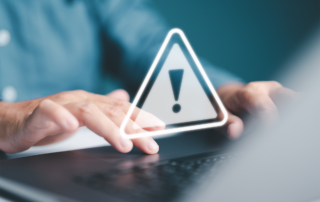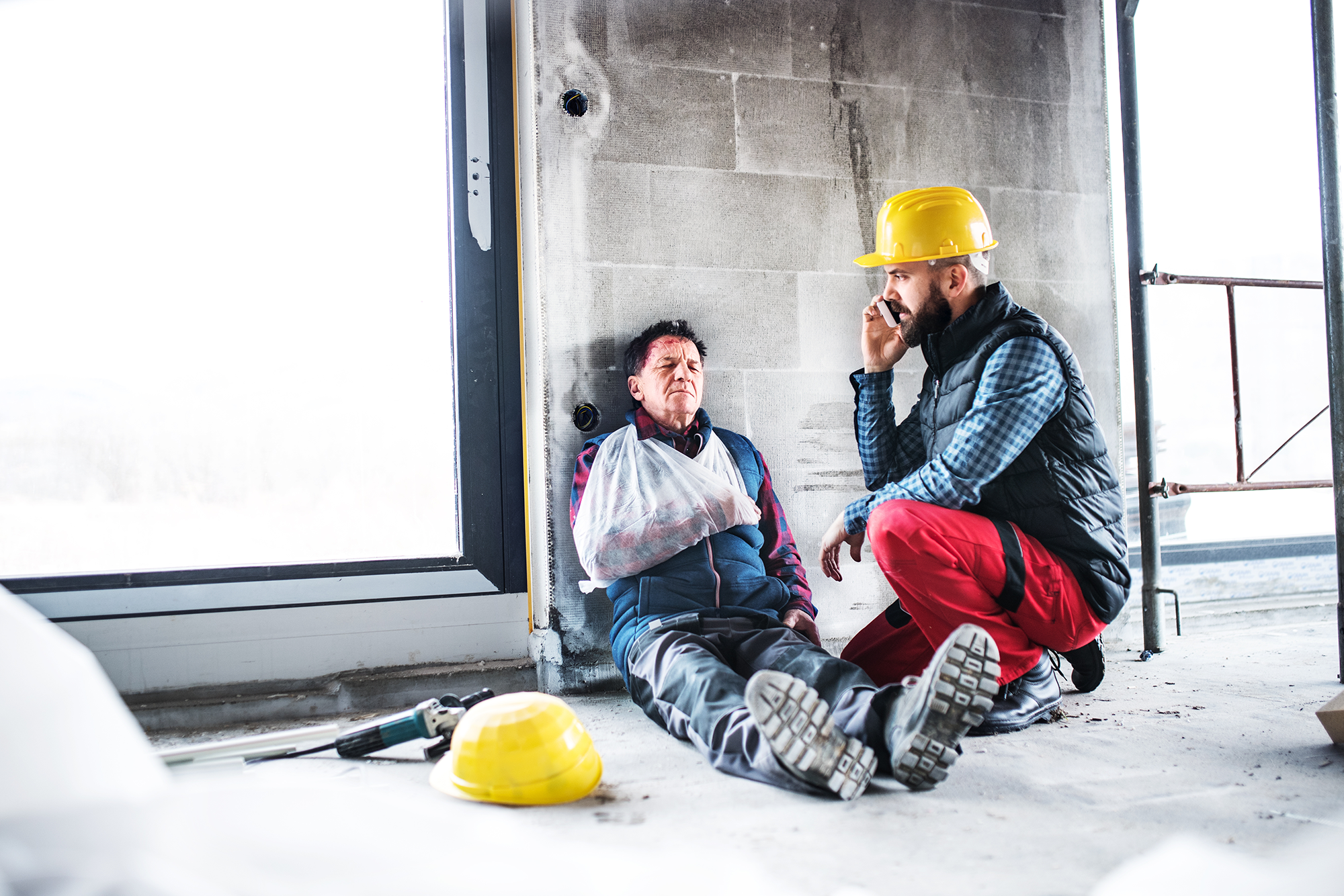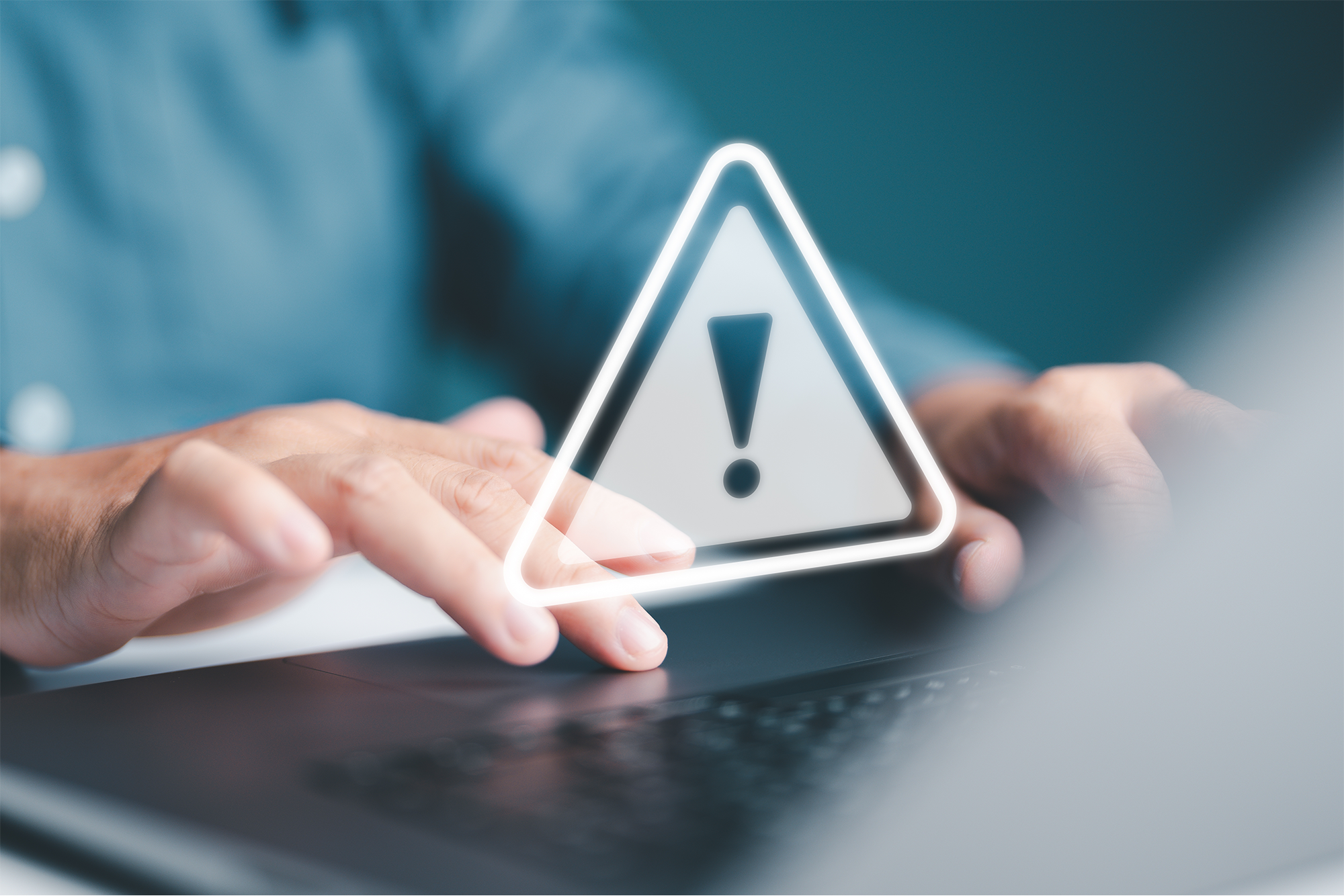DEALING WITH A HOMEOWNERS INSURANCE CLAIM
Learn the Basics of Filing a Homeowners Insurance Claim
If you’ve had a fire, water damage or another unfortunate event in your home, don’t fret. We have all the information that you need to get your claim underway so you can get your life back to normal.
When you have a homeowners insurance claim, your actions can make all the difference. Here’s how to maneuver through the claims process with ease:
- If you were away from your home when the incident occurred, exercise caution when entering your property. If your property has sustained major damage, contact your local government officials to determine how you should proceed.
- Report downed power lines to the utility company, and keep your electricity off if there is standing water in your home.
- If it appears as though it is not safe to be at your home, leave.
- Contact us to report how, when and where the damage occurred. Make a note of the claim handler’s name, telephone number and identification number when you call.
- Protect your home from further damage without putting yourself in danger. This may include boarding up windows and salvaging possessions that did not sustain much damage. Your claim handler can advise you on how to do so safely.
- Prepare a list of damaged or lost items from your home.
- Keep damaged items in your home until the claim handler has come for an inspection. Also, consider documenting the damage with pictures or video.
- Provide receipts for damaged items if you saved them.
- If you need to temporarily relocate, save all your receipts for additional expenses. Your policy may cover you for additional living expenses during this time.
- Once you’ve reported your claim, the claim handler will send you some documents to complete within a specific period of time. Contact us if you have any questions, and return these forms promptly.
- Contact your mortgage lender to notify them of your loss and to discuss potential contractor bids. Your lender may want to inspect a contractor’s job before making a final payment.
About the Author
Share This Story
Related Blogs
OSHA’s Safe and Sound Week Scheduled for Aug. 12-18
Each year, more than 5,000 workers are killed on the job. Additionally, more than 3.6 million employees are seriously injured each year while at work. Because of this, the Occupational Safety and Health Administration (OSHA) holds a nationwide event each August called Safe and Sound Week, which promotes the importance of companies incorporating safety and health programs into their workplace. This year, the event runs Aug. 12-18, 2024.
2024 Midyear Market Outlook: Workers’ Compensation
Profitable underwriting results have generated favorable conditions across the workers’ compensation insurance market for nearly a decade. According to the National Council on Compensation Insurance (NCCI), the segment produced combined ratios of 84.5 and 84.9 in 2022 and 2023, respectively, demonstrating continued profitability.
CrowdStrike, the Most Important Cyber Accumulation Loss Event Since NotPetya, Highlights Single Points of Failure
In what is being called “the most important cyber accumulation loss event since NotPetya,” the July 19, 2024, global technology outage (CrowdStrike) will produce scores of insurance claims across a range of policies, test cyber policy wordings,and sharpen the industry’s focus on single points of failure.







